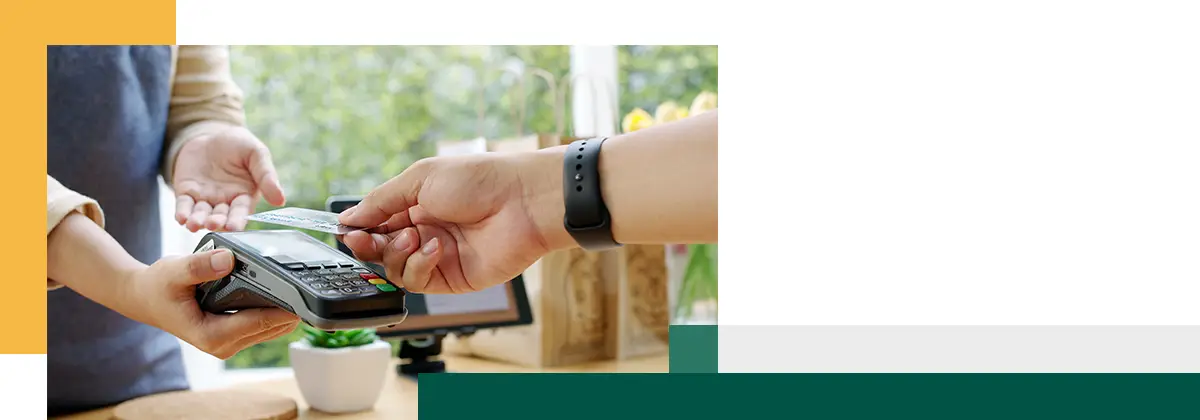2025-11-03
What steps can you take to improve your credit score?
Credit Counselling
By effectively managing your secured and unsecured debt repayment, you will be well positioned to understand and improve your credit score.
With consumer debt at an all-time high, Canadians are being warned to take steps to reduce their debt before interest rates begin to rise. That being said, no debt reduction plan can be successful if one’s credit card use is not carefully managed. If your credit cards have gotten you into financial trouble, try these five tips for controlling your credit card use:

No one needs more than one major credit card that is accepted worldwide. Having multiple major credit cards and department store cards not only makes you vulnerable to having multiple debts, it makes financial management that much more difficult when most or all of the cards have balances. Generally speaking, the total minimum monthly payment on multiple credit cards will be higher than the minimum monthly payment on one credit card, even if the total debt owed is the same. Simply put, any debt management plan is simpler and more efficient with fewer creditors.
Carrying a credit card only makes you more vulnerable to impulse spending and / or spending money that you do not actually have. When you use a credit card, it’s too easy to minimize or even ignore the immediate cost of goods and services because you don’t have to pay the bill for 30 days.br/>
Leaving credit cards at home will mitigate impulse purchases and protect you from spending money that you do not have to your name.
One special situation is online shopping, which you can do in the comfort of your own home. If credit card use is a problem, cease online purchases altogether.
Allowing others to use your credit card or providing a supplemental credit card, makes you vulnerable to other peoples’ impulse spending or potential over-spending. Moreover, if others do not repay you for purchases they make, you are still legally liable to the credit card company.
Controlling credit card use – and staying out of debt – requires a realistic spending plan (or budget). But having a spending plan isn’t enough – expenses need to be reviewed on a regular basis so you can track where you are at and how much you have left to spend in a particular budget category. If you don’t track your progress, you are vulnerable to overspending and ending up needing to use credit cards to make up the shortfall.
Don’t forget to include irregular and annual expenses in your spending plan. These expenses, if not carefully planned out and saved, are often paid for with a credit card.
Having a realistic spending plan that addresses both regular and irregular expenses is crucial when controlling credit card use.
One of the common reasons for credit card debt, is unexpected or irregular expenses. As a general rule, you should have savings equal to three to six months’ income in the event of job loss, illness, a major home repair or other unexpected events. These savings should be separate from longer term savings accounts and plans and should be readily accessible should an emergency arise.
Having an appropriate cash reserve for emergencies will ensure that credit cards are not the go-to solution when the unexpected happens.
When used responsibly, credit cards offer many benefits and conveniences, but they can cause a financial disaster when their use is not carefully controlled. Whether you are a seasoned credit card owner or new credit card user, the above tips will help you control your credit card use and the risk of new or additional credit card debt.
2025-11-03
Credit Counselling
By effectively managing your secured and unsecured debt repayment, you will be well positioned to understand and improve your credit score.
2023-08-31
Credit Counselling
Making monthly minimum payments is one of the many ways you might misuse your credit card. It can result in a debt cycle that is difficult to break.
2023-05-15
Credit Counselling
Dealing with debt can be a frustrating experience and it’s much worse when you start to receive calls from creditors. With the right support and tactics, you can overcome this challenge.